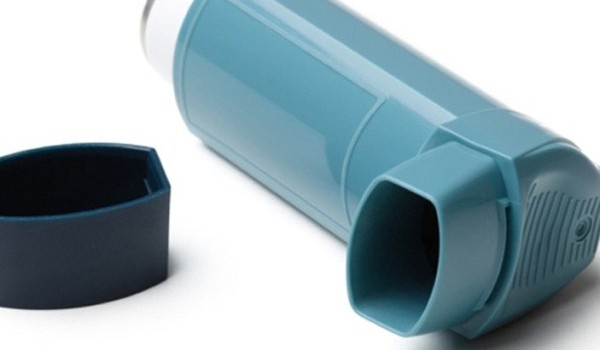‘You can control your asthma,’ is the theme for World Asthma Day taking place on 05 May 2015.
With around 5 million people in the UK currently suffering from asthma (source: British Lung Foundation), the day is all about raising awareness of asthma and how asthma care can be improved worldwide.
So what is asthma? Julie Sullivan, asthma clinical nurse specialist at Heartlands Hospital, said: “Asthma is a common long-term condition that affects one in 10 people in the United Kingdom. It is a condition that affects the airways, the small tubes that carry air in and out of the lungs. Symptoms of asthma include coughing, breathlessness, chest tightness and wheezing.
“Everyone’s asthma is different and people may have several triggers. One of the most common triggers is having a cold or flu. Others include exposure to air pollution, especially tobacco smoke, house dust mites, animal fur or grass and tree pollen.”
To help treat asthma, asthma medicines are usually given through inhalers – devices that deliver medication directly into the lungs as you breathe in. This is an effective way of taking an asthma medicine as most goes straight to the lungs, with very little ending up elsewhere in the body.
A specialist national commissioned centre is based at Heartlands Hospital for those patients that have severe asthma. The Birmingham Regional Severe Asthma Service (BRSAS) provides a highly specialist care delivery to around 800 patients across the country.
Severe asthma patients are already benefiting from a first of its kind treatment provided at the centre, using heat as a means of easing symptoms. The innovative treatment, called bronchial thermoplasty, involves opening patients’ troublesome airways by applying heat directly to them, which eases their breathing and reduces the likelihood of an asthma attack.
Julie adds: “Bronchial thermoplasty is given to people with severe asthma who still struggle despite otherwise optimum asthma treatment. It is usually given under a local anaesthesia with sedation using a tube inserted in the patient’s airways. A patient will usually be treated over three sessions each month apart to treat both lungs.
“Our clinical nurse specialists help support patients with asthma and educate them on asthma management.
“The service also has a full research program supported by a dedicated clinical trials unit and research team including research nurses, scientists, research data manager and research fellows.”
For more information on the BRSAS, visit http://www.severeasthma-birmingham.co.uk/.
World Asthma Day takes place on 05 May 2015.







